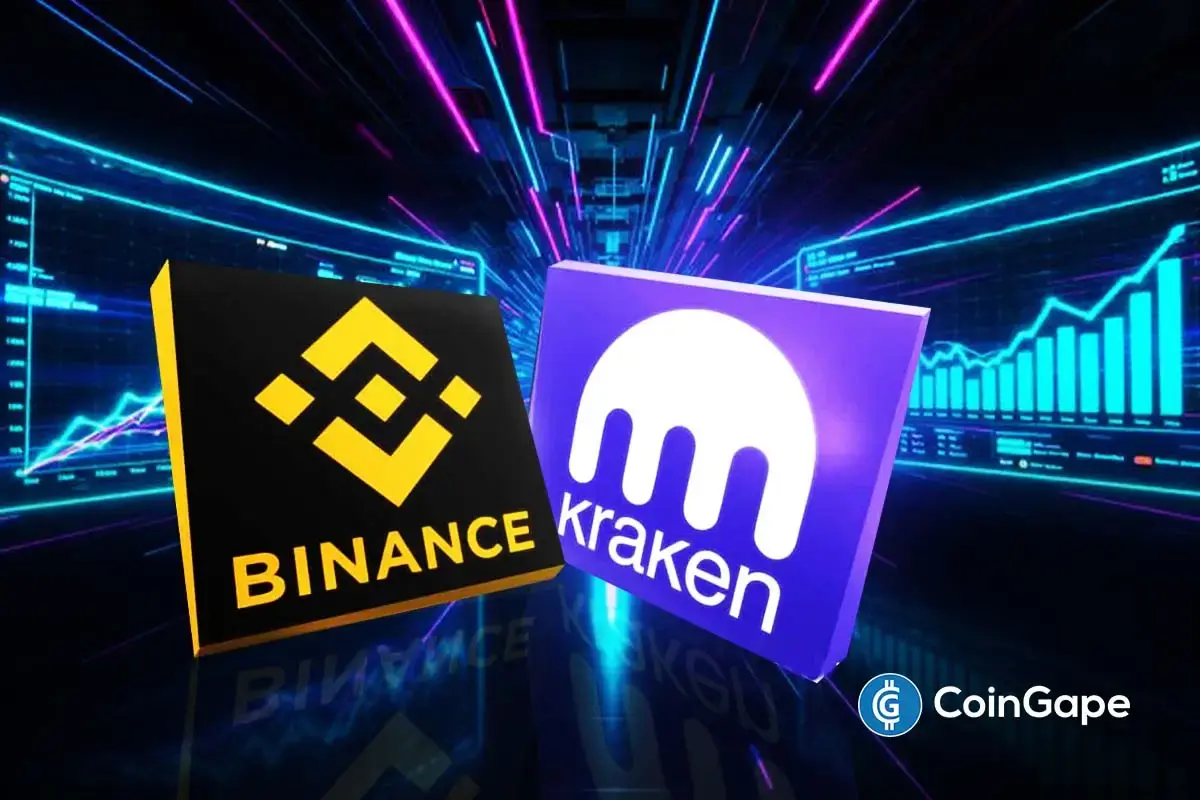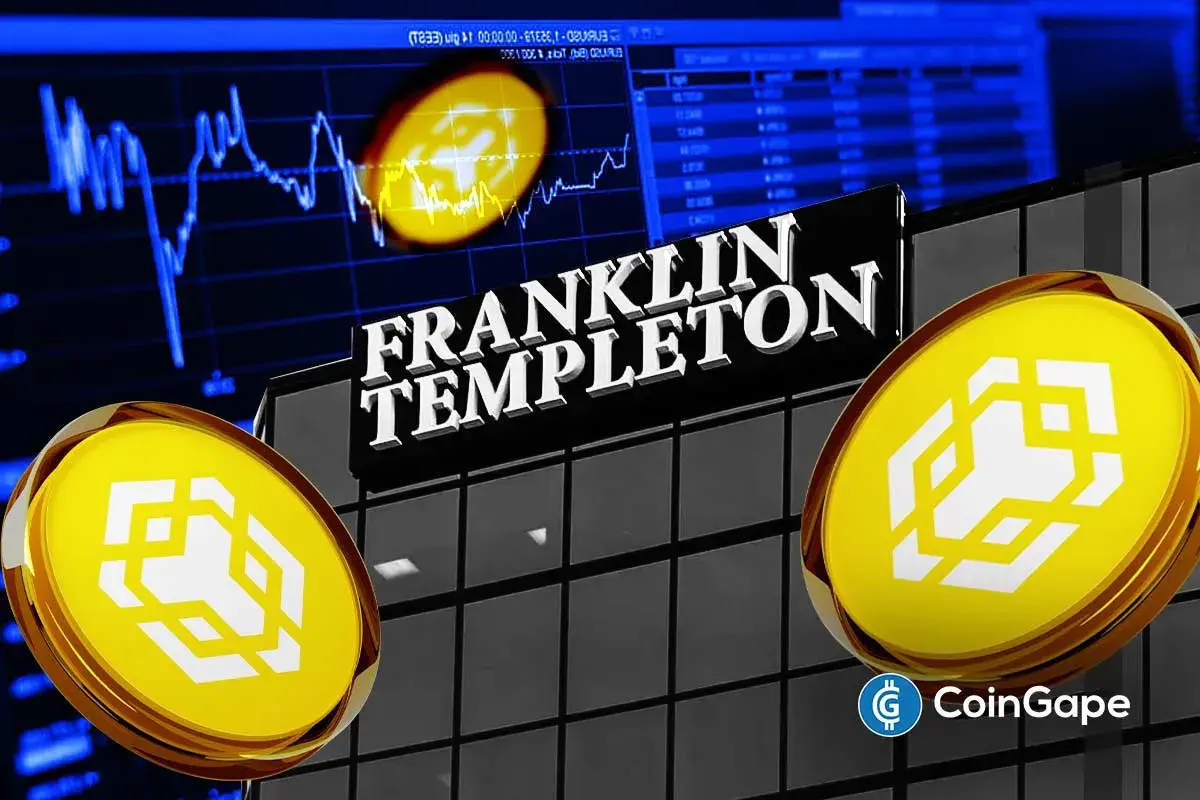Binance Introduces New Protective Order Against SEC’s Court Filing

On late Monday, August 14, cryptocurrency exchange Binance filed for a protective order against the lawsuit filed by the U.S. Securities and Exchange Commission (SEC) stating that the regulators’ requests for communications are “overboard” and “unduly burdensome,” reported Reuters.
“BAM has worked in good faith, but the SEC has been steadfast in its belief that the Consent Order gives it carte blanche to investigate every aspect of BAM’s asset custody practices without any discernible limitation whatsoever,” it stated.
While further details regarding the latest development are awaiting, crypto exchange Binance has been battling the fraud charges slapped by the SEC in June 2023. The same month later, the two parties reached an agreement that allows Binance to continue operations in the US.
The suggested deal permits only Binance.US staff to access customer funds on the American crypto exchange. Binance Global leaders will not be allowed to access private keys for any wallets, including cold and hot wallets, hardware, software, or internal systems of Binance.US.
Furthermore, Binance.US is not allowed to give ownership or control of customer assets to anyone, including Binance and CEO Changpeng “CZ” Zhao. Binance.US has to establish new crypto wallets with fresh private and administrative keys. Binance and Binance.US will have separate wallets and management.
Binance vs SEC
The U.S. Securities and Exchange Commission (SEC) has waged a multi-pronged war with crypto exchanges including giants like Coinbase and Binance. According to the SEC, Binance violated US regulations by functioning as an unregistered securities exchange. Nearly at the same time, the SEC also brought comparable charges against Coinbase, the world’s leading cryptocurrency exchange.
However, the SEC has also accused Binance and its CEO, Changpeng Zhao of misappropriating customer funds. This involves hiding the practice of combining billions of dollars in investor assets and transferring them to a third-party entity owned by Zhao as well.
It will be interesting to see whether the court approves Binance’s protective order against the SEC. With the protective order, Binance doesn’t want questions about things outside of the rule, and they also want to stop the SEC from asking about communications related to anything other than customer assets.
Play 10,000+ Casino Games at BC Game with Ease
- Instant Deposits And Withdrawals
- Crypto Casino And Sports Betting
- Exclusive Bonuses And Rewards

- From Mining Pool to Infrastructure Platform: Nine Years of EMCD
- U.S.-Iran War: U.S. Oil Prices Spike To One-Year High, Bitcoin and Gold Dip
- Crypto Traders Bet Against U.S.-Iran Ceasefire This Month as Iran Denies Peace Talks
- Ripple Prime Adds Support For Bitcoin, Ethereum, XRP, Solana Derivatives on Coinbase
- Bitcoin Price Still Risks Decline If Iran War Mirrors Ukraine War Market Reaction, JPMorgan Warns
- HOOD Stock Targets $100 as Robinhood Unveils Platinum Card and Advance Dividend Feature
- Bitcoin Price Prediction if Donald Trump Signs the CLARITY Act on April 3, 2026
- Pi Network Price As BTC Rallies Above $74K: Can PI Coin Extend Gains to $0.30?
- XRP Price As Bitcoin Reclaims $74K- Is $5 Next?
- Dogecoin Price Outlook as BTC Recovers Above $73,000
- XRP Price Prediction as Iran-U.S. Peace Talks Trigger a Crypto Rally


 Buy $GGs
Buy $GGs

















